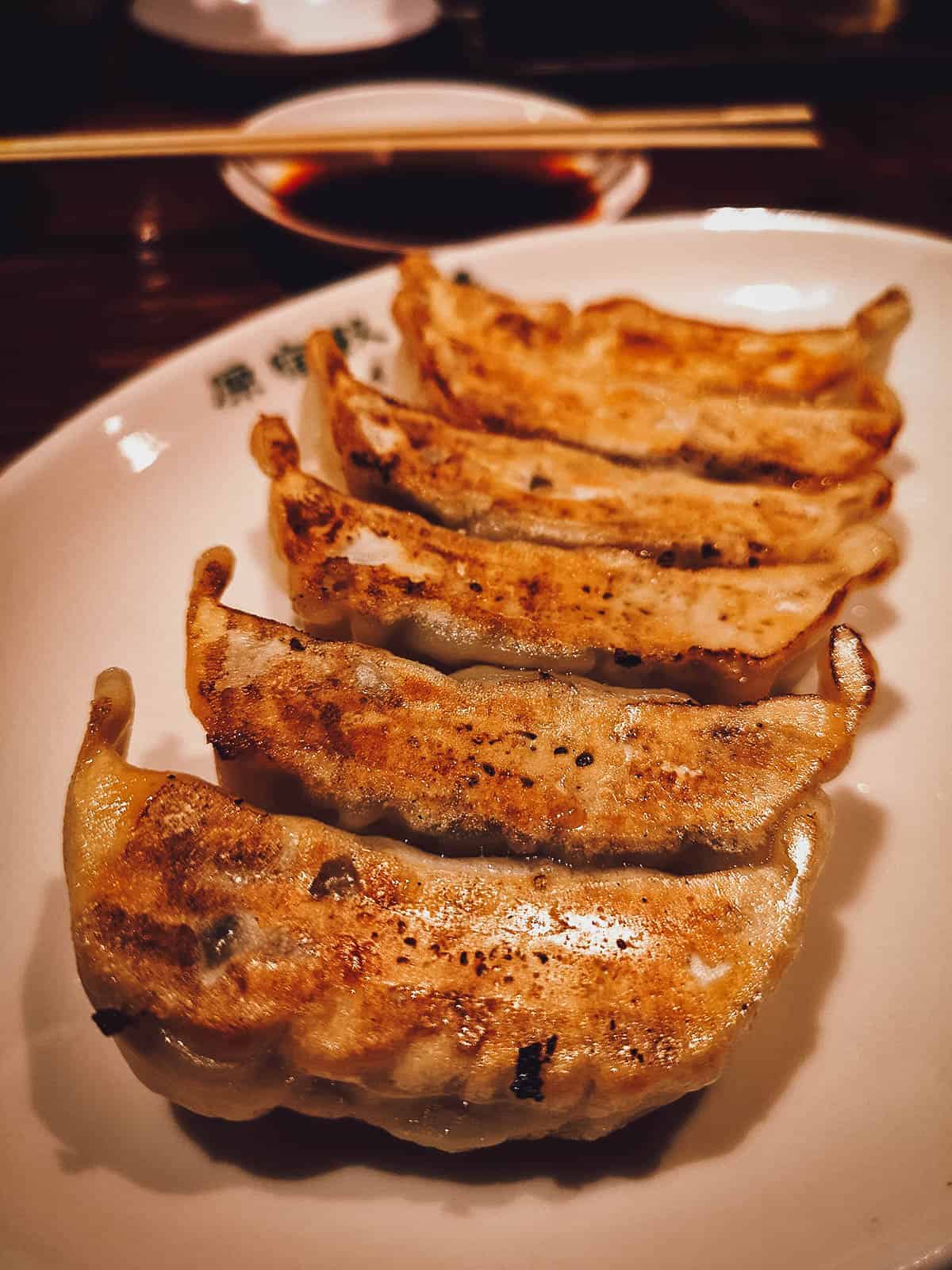
Japanese Food 45 Dishes to Eat in Japan TinySG
"Itadakimasu" (頂きます) is the phrase Japanese people usually say before eating. It means "Thank you for the food" but literally translates as "I humbly receive this meal". "Gochisousama deshita" (御馳走様でした) and "Gochisou sama" (御馳走様) also mean "Thank you for the meal/feast" but are said after eating.
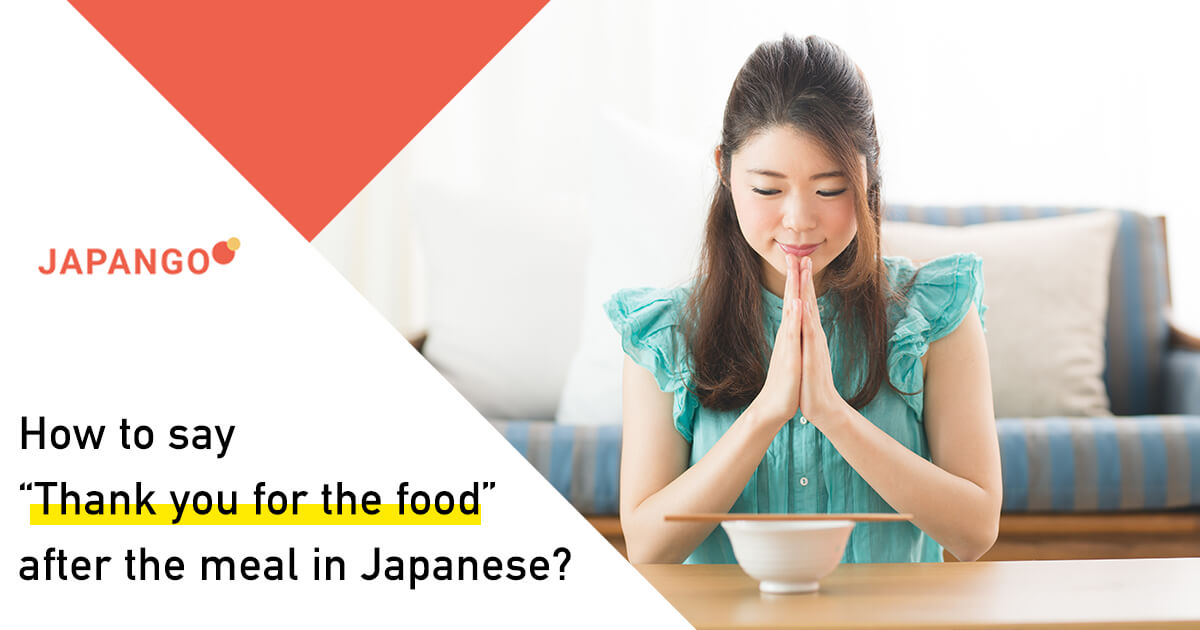
How To Say “Thank you for the food” After The Meal In Japanese? Learn
This is said to give thanks after a meal, like the phrase "gochisousama" used nowadays. "Toyouke no kami" refers to the god of food. "Gochisousama", when written in kanji characters, infers to the action of running about and is meant to recognize the effort of the person who prepared the meal. In other words, it means, "Be it.

Japanese Food Free Stock Photo Public Domain Pictures
Try to stick to ありがとうございます Arigato gozaimasu when you thank people in Japan, such as a salesperson at a shop, a front desk clerk at a hotel, or random people who helped you. It makes you sound modest, polite and mature. Modest and polite people are very well received in Japan. Meaning of Arigato gozaimasu
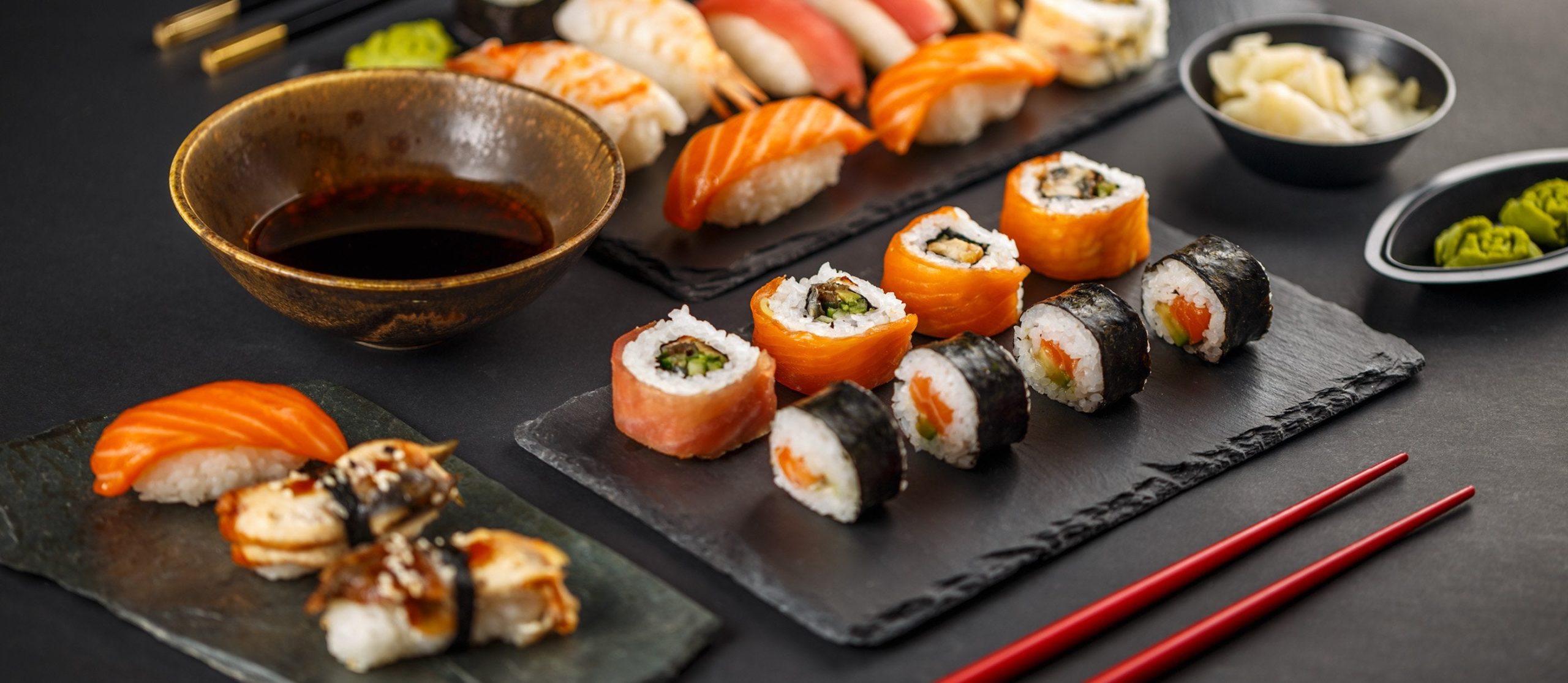
100 Most Popular Japanese Foods TasteAtlas Alo Japan
Thanks in Japanese Thank You for the Food in Japanese Thanking Someone for Doing Something for You in Japanese You're Welcome in Japanese Other Japanese Words for "Thanks" and "Gratitude" Go Ahead, Thank Mr. Roboto! How to Say Thank You in Japanese So… how do you say thank you in Japanese?
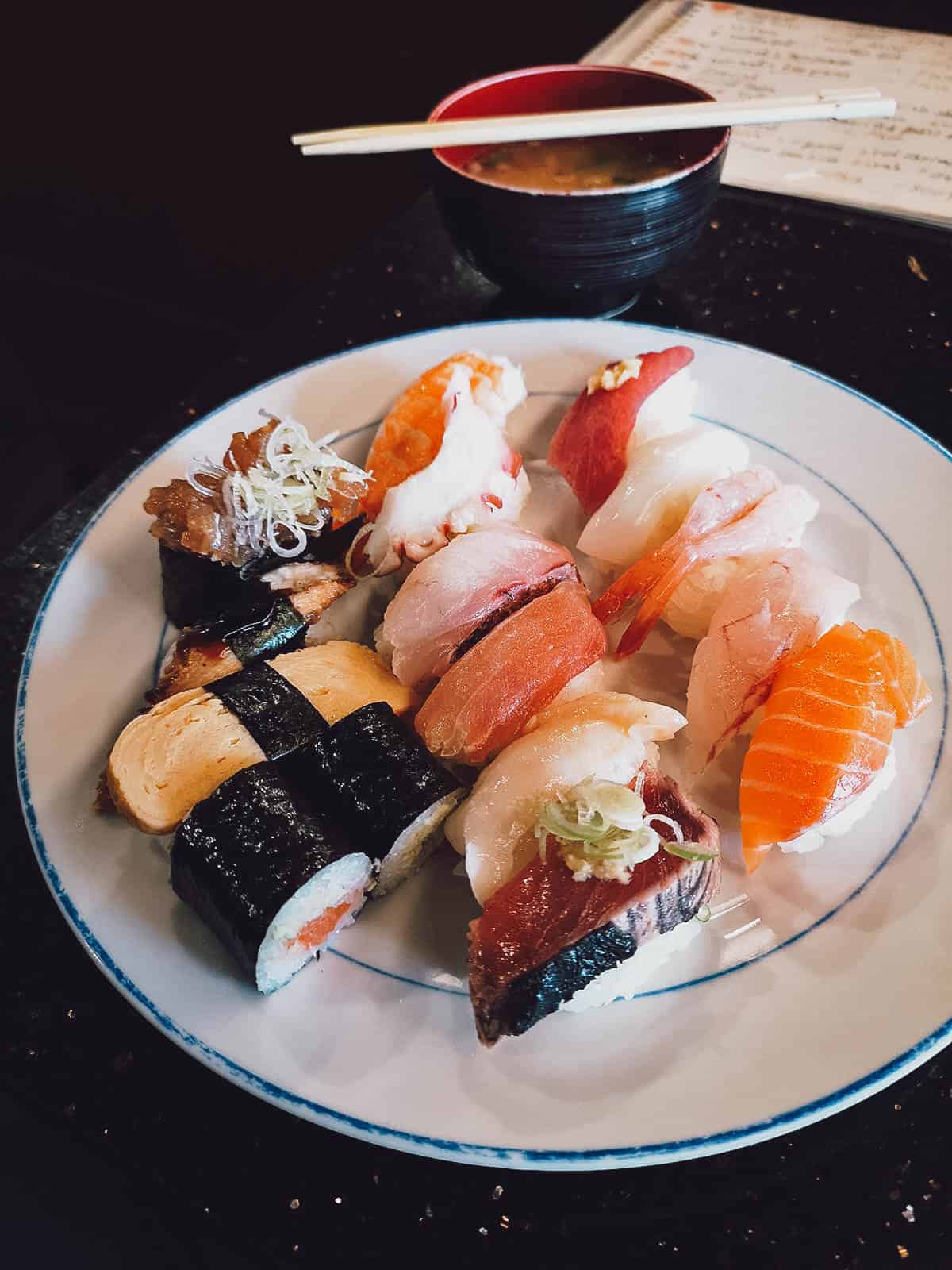
The 9 Delicious Japanese Foods You Need To Try On Your Trip To Japan
The word 'Kanpai' in Japanese, which translates to 'dry cup,' signifies emptying one's cup in celebration, shows gratitude for the food, fosters camaraderie and unity, and reflects Japanese dining traditions. Arigatou Gozaimasu (ありがとうございます)

Thanks, I hate JapaneseAmerican food r/TIHI
How do you say "thank you for the food" in Japanese? When saying "thank you for the food", you can use the Japanese phrase "gochisou sama deshita", which literally means "it was a feast" and is used to say "thank you for the meal". Or you can use "oishii" to say "delicious!" For the pronunciation, view this helpful video from Japanesepod101:

Bizarre, Interesting and Funny Japanese Food Japanese funny, Bizarre
Ways to Say Thank You for the Food in Japanese Itadakimasu - (i-ta-da-ki-ma-su) You can say thank you for the food in Japanese several ways. But first we will focus on the two most direct and formal ways.It is customary to say, "Itadakimasu" (i-ta-da-ki-ma-su), before you eat. This means Let's eat.
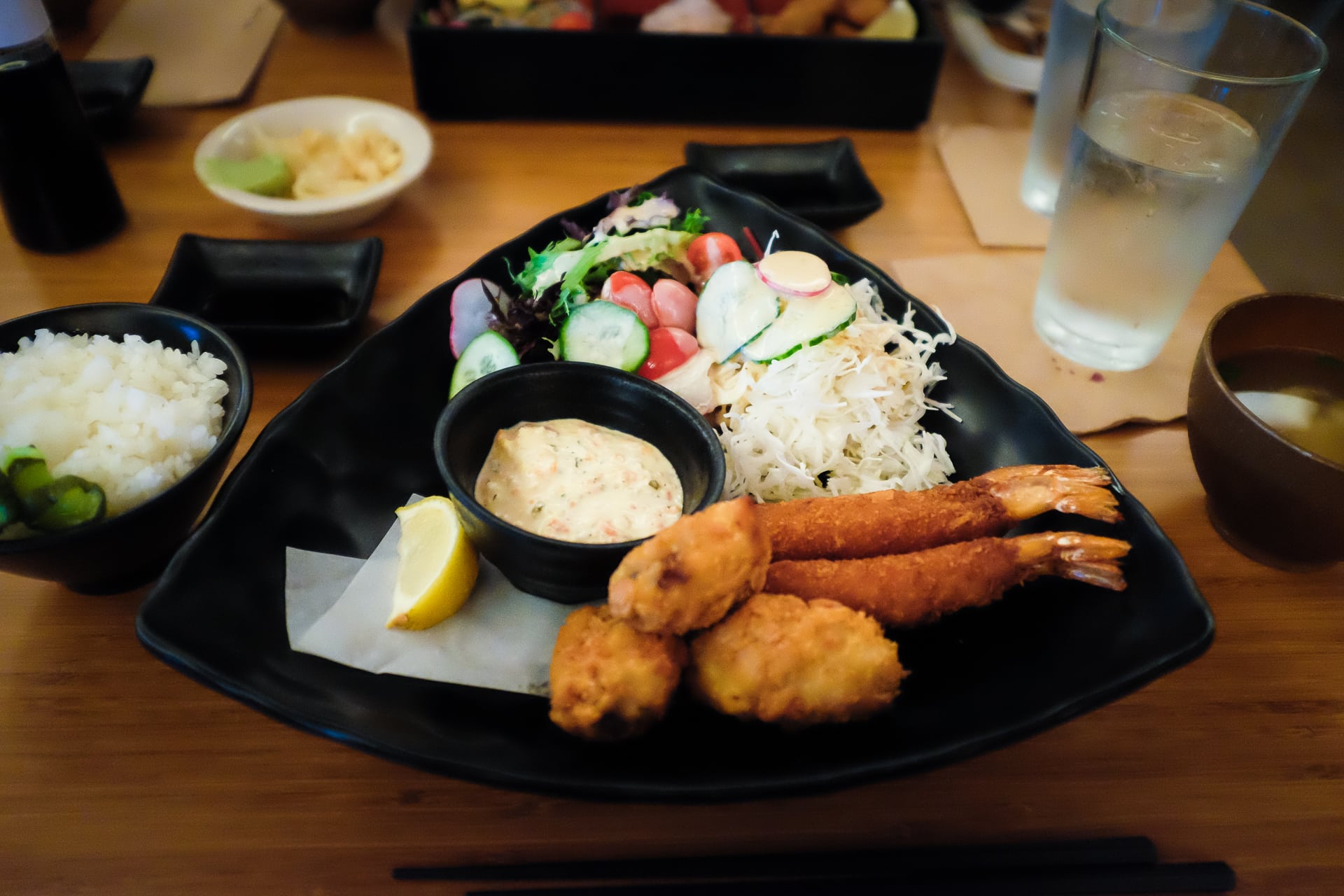
Tag Japanese food
When you say "thanks" for the food, why can't you just use "arigato" in the sentence? Comment by Ariel on 07/22/2013 at 4:09 pm; It doesn't literally mean "thanks" for the food. It is a Japanese expression that does not exist in English and therefore is translated approximately. ( ω )☆ Comment by PuniPuni on 07/23/2013 at 12.

Japanese Food Free Stock Photo Public Domain Pictures
The Meaning of "Thanks For the Meal" Japanese meals have an opening and closing to them. It is so elegant, gastronomically-speaking. These are appreciative phrases that you say to whomever cooked you a meal, whether at home or in a restaurant.

Japanese Food Sushi Free image on Pixabay
Written in Japanese: ありがとうございます When someone thanks you, reply with dou itashi mashite (doh ee-tah-shee mah-she-teh, どういたしまして) to say "You're welcome" in both formal and casual situations. 2 Domo arigatou gozaimasu Download Article "Domo arigato gozaimasu" means "Thank you very much."

Japanese Food in Macau Macau Restaurants Sands Cotai Central
What is the Meaning of 'Thank You for the Food' in Japanese? The literal translation of "thank you for the food" in Japanese is "gochisou-sama desu" (ごちそうさまです). This phrase is used to express appreciation and gratitude for a meal that someone has prepared and served.
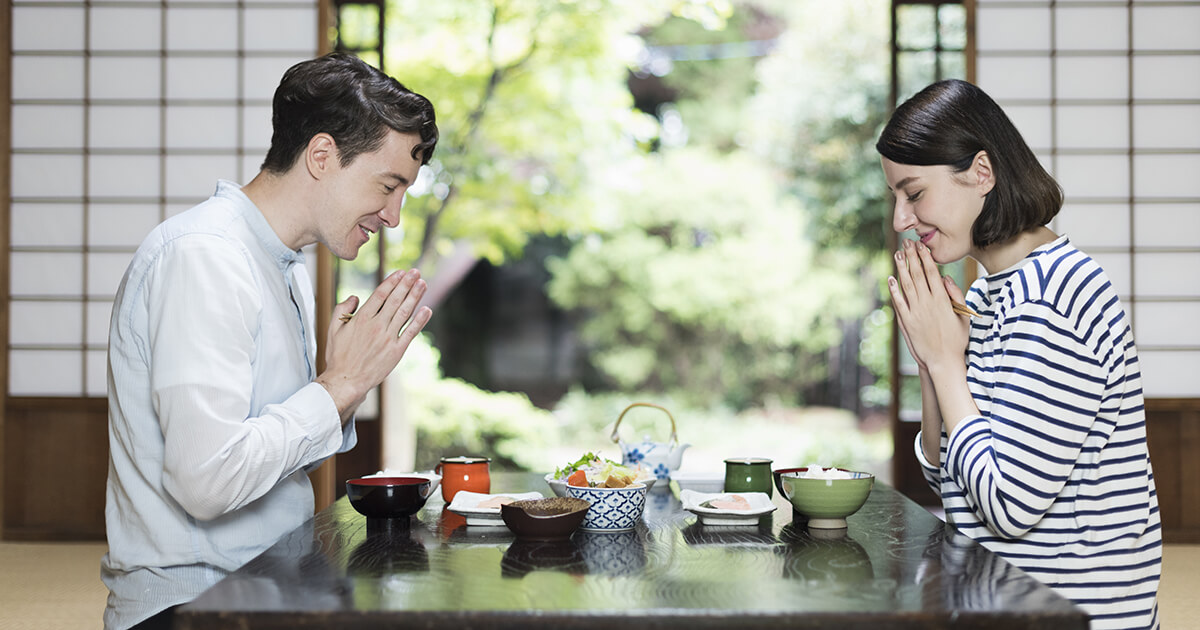
How To Say “Thank you for the food” In Japanese? Learn Japanese
It means "Thank you for the food" but literally translates as "I humbly receive this meal". "Gochisousama deshita" (御馳走様でした) and "Gochisou sama" (御馳走様) also mean "Thank you for the meal/feast" but are said after eating.

Japanese Pastries, Japanese Snacks, Japanese Sweets, Japanese Food
https://bit.ly/2PQXpZ5 Click here to start learning Japanese with the best free online resources ↓ Check How Below ↓Step 1: Go to https://bit.ly/2PQXpZ5Step.

Free Images meal, breakfast, asian food, bento, side dish, a kyaraben
In Japan, children are taught from babyhood to place their hands together, bow, and say "Itadakimasu," "I humbly receive," in unison before picking up their chopsticks. Simply put, this is a word that expresses gratitude to the cooks, the shopkeepers, the farmers, and to the gods — to everyone that had a hand in providing the food of.

Free Images dish, cooking, produce, meat, cuisine, delicious, asian
The purpose of bringing your palms together when giving thanks in Japan is to symbolize deep respect, sincerity, and gratitude; this applies to itadakimasu and gochisousama. Today, in Japan, a large majority perform this act when saying "itadakimasu" or "gochisousama" to further express their gratitude.
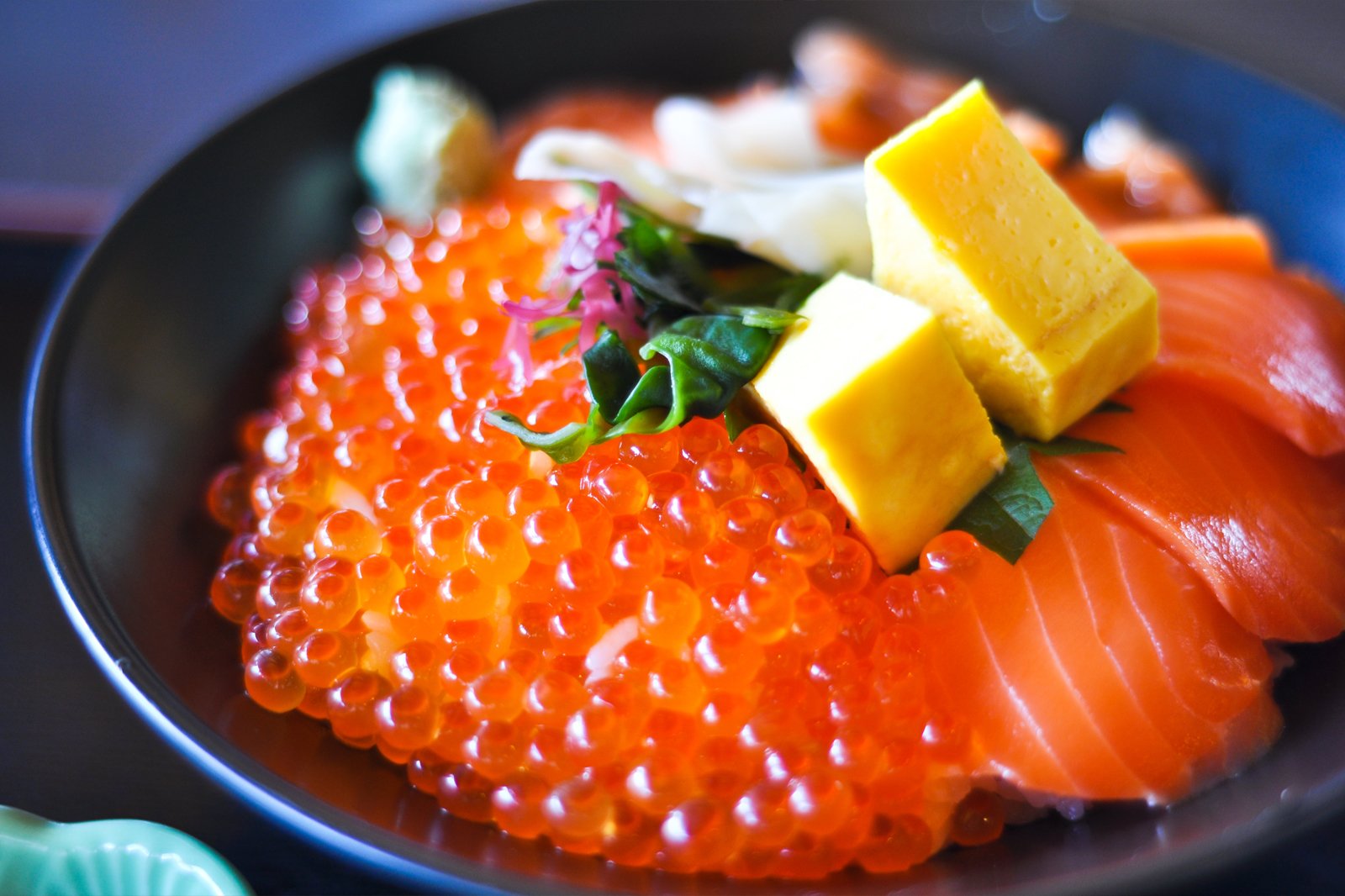
équipement Boueux Perspicacité top ten japanese foods galop AVANT JC
You can't say gozaimasu on its own, it wouldn't mean much of anything, but arigatou is a nice quick thanks for casual situations, and arigatou gozaimasu is an excellent way to politely express your thanks. 5. Hontoni arigatou gozaimasu - 本当に ありがとう ございます. Pronunciation: hohn-toh-nee ah-ree-gah-toh goh-zah-ee-mahs.